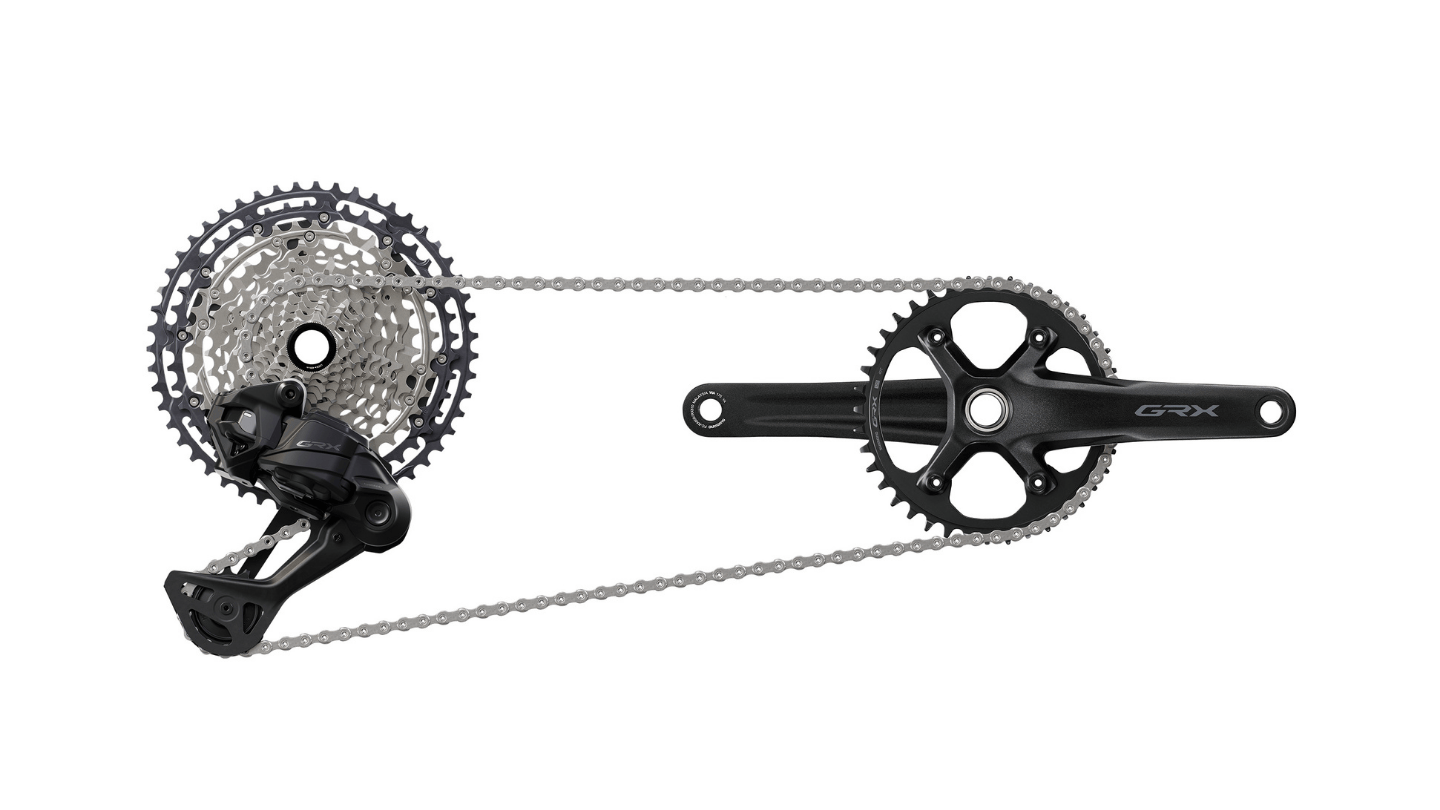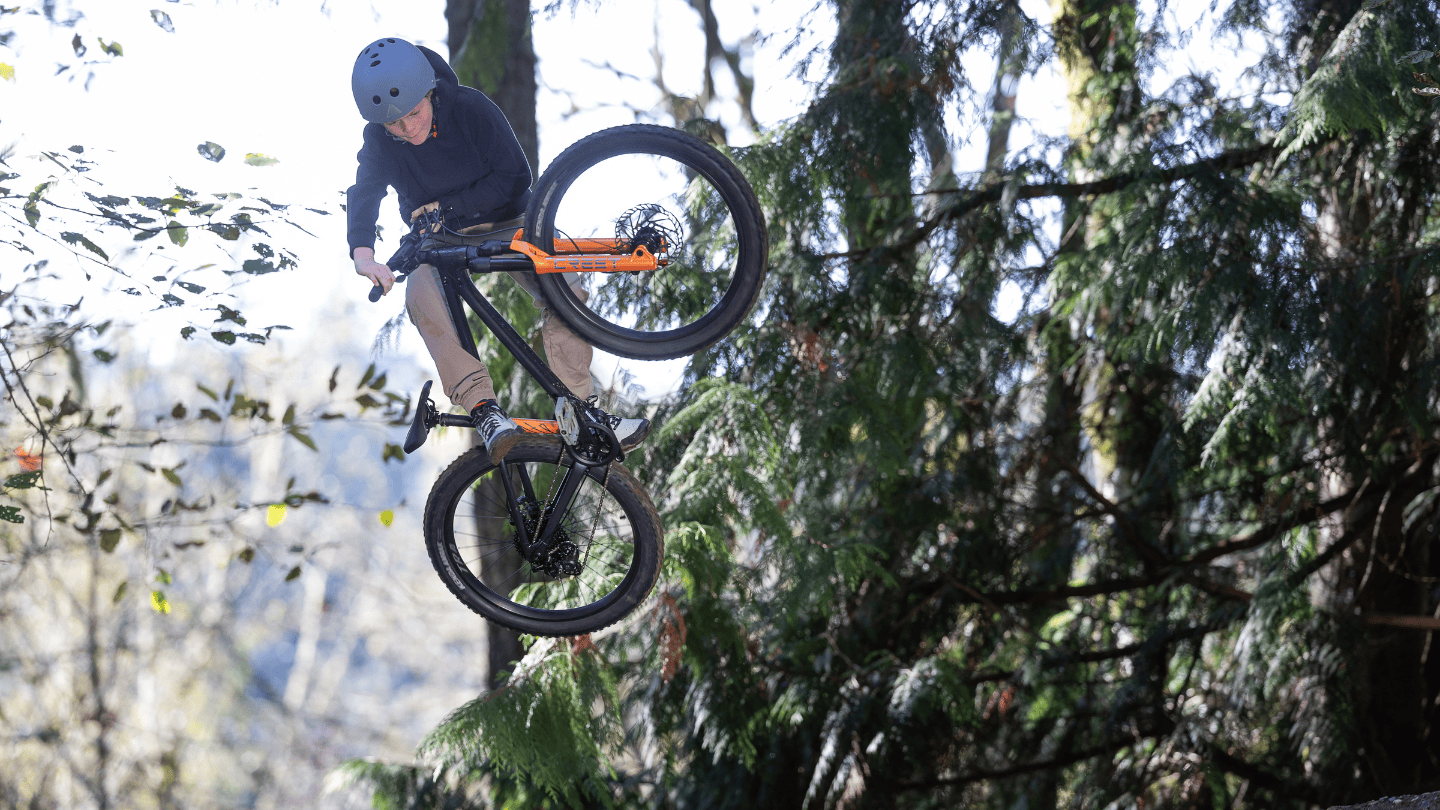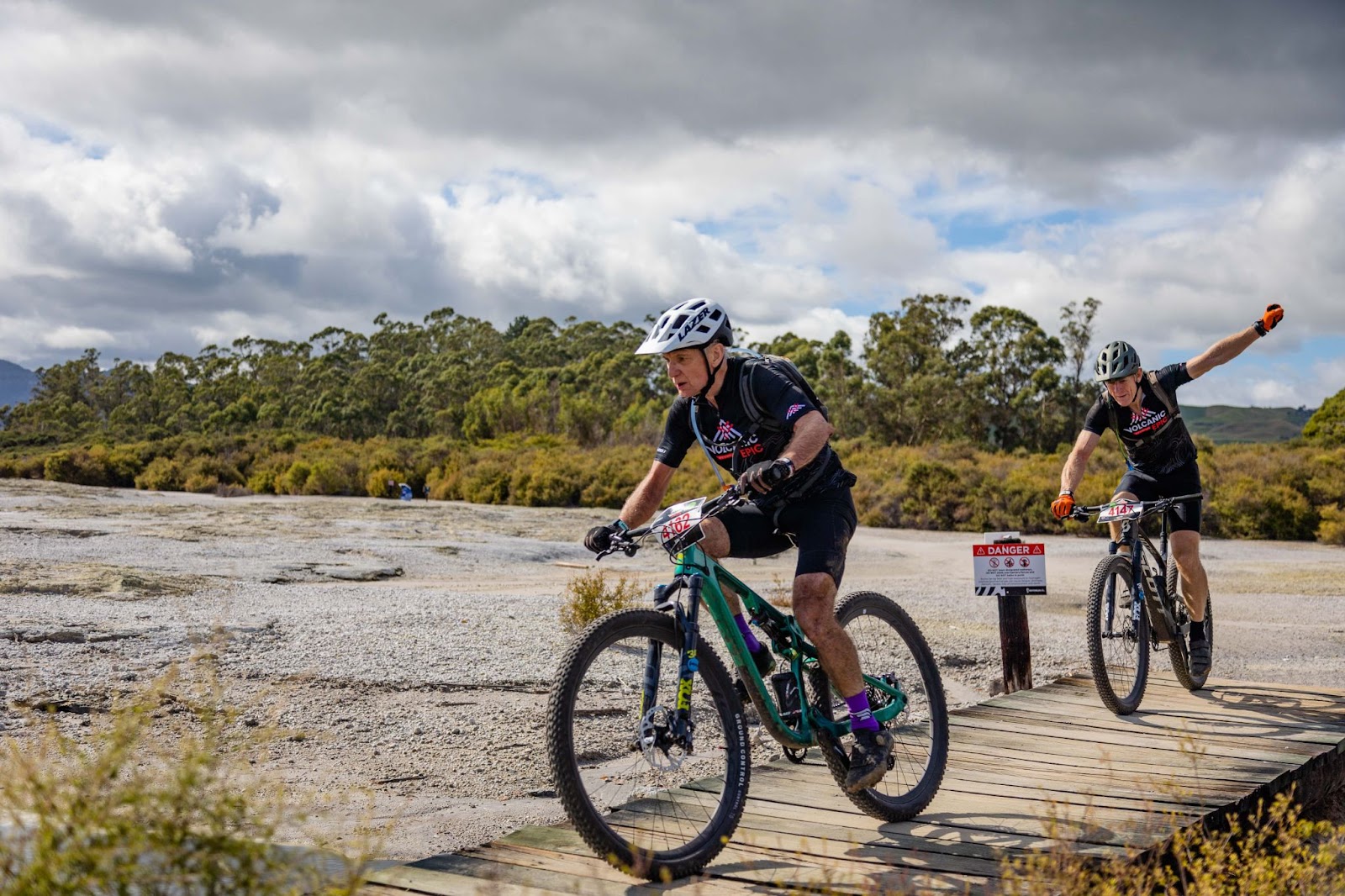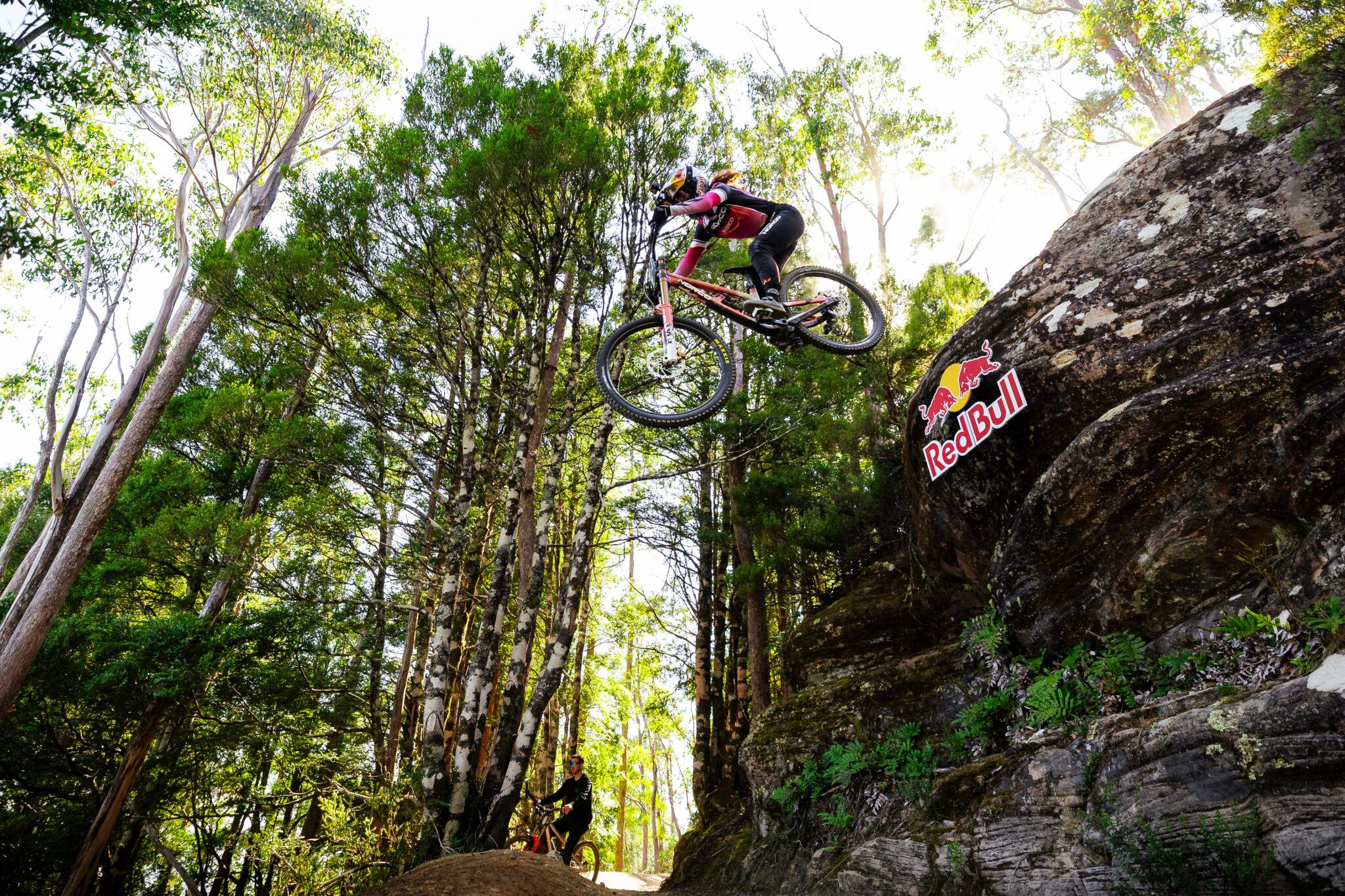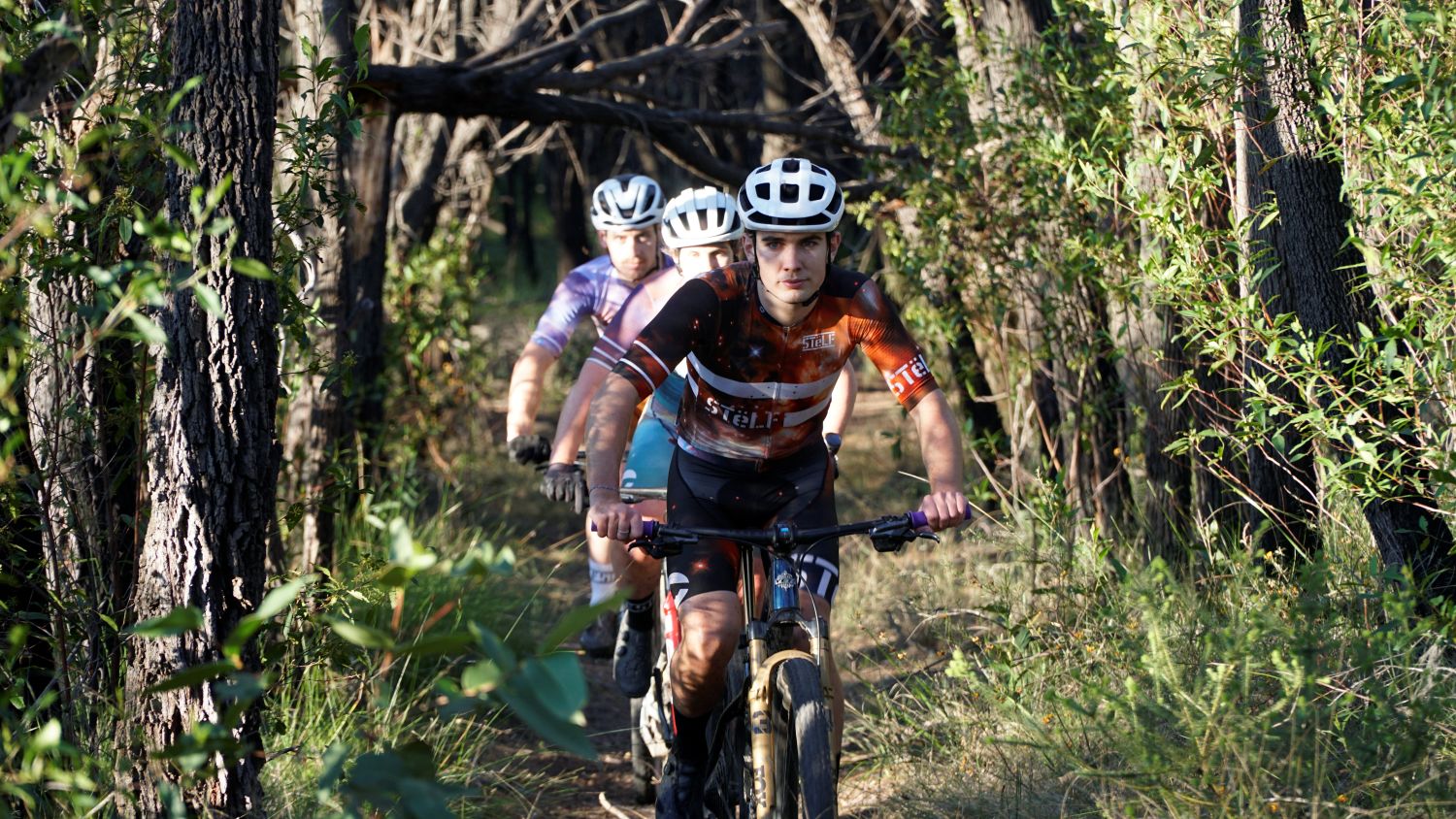Avoiding the Diet Crash
Each diet has their own merits (and demerits…), but if you’re a cyclist, you need to be a little savvier when deciding what’s right for you.
The world today is awash with advice on what to eat, so much so that most of feel as if we are wandering through a minefield. Current wars have Paleo fans pitted against the grain-eaters, juicers and fasters are taking on the “everything in moderation” camp and the clean-eating army is trying to conquer the world.
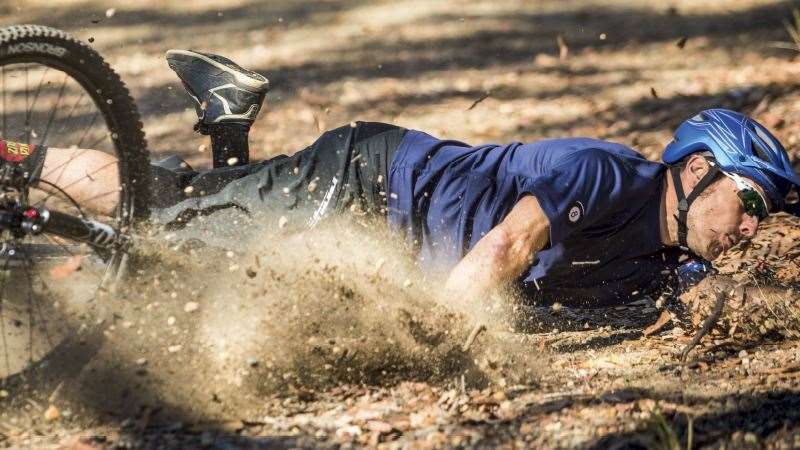
Each of these diets have their own merits (and demerits…), but if you’re a cyclist, you need to be a little savvier when deciding what’s right for you. If you’re confused, read on!
Riding Paleo
The Paleo diet has you eating what our hunter-gatherer ancestors used to, before we taught ourselves how to farm. You can eat anything you can catch, fish, pull out of the ground or pick from a tree. Grass-fed meats, eggs, fish, seafood, vegetables, healthy oils (such as olive oil, coconut oil, macadamia oil), nuts, seeds and the odd bit of fruit are fair game. Grains, legumes, dairy, refined sugar, refined oils, potatoes, salt and all junk food are off limits.
Pros & Cons: The Paleo diet gets brownie points for being based on fresh, unprocessed food, but from an environmental perspective or for anyone on a tight budget, Paleo is unsustainable. The biggest con for cyclists is the lack of carbohydrates as you cut out grains, dairy and potatoes. Carbs are essential to fuel exercise, especially in endurance sports, and without them performance can suffer. Paleo not only cuts out carbs but also a range of other nutrients like fibre, calcium and B vitamins, which are vital for a healthy athletic body, too.
The bottom line: It’s okay to use the Paleo diet as a starting point but cyclists will need to make a few tweaks. You’ll need to be smart about carbs and add in some grains, potatoes and dairy, specifically before, during and after training to keep performing at your best.
Fasting = faster?
The 5:2 diet is an intermittent fasting plan that has you ‘fasting’ for 2 days a week and eating normally on the other 5 (‘feasting’ days). On fasting days you’re only allowed 500-600 calories (~2100-2500kJ), about a quarter of what you need. Some studies show fasting like this can improve blood pressure, cholesterol levels, insulin sensitivity and help with weight loss.
Pros & Cons: The best thing about the 5:2 diet is it helps you get in touch with hunger signals again and helps with the realisation that it’s ok to be hungry sometimes – you will survive! There is also a bit more freedom than something like the Paleo diet as you can include foods from all five food groups on your feasting days – this can also help you feel less deprived. Cyclists will find that training is VERY difficult on fasting days – you have no fuel to burn! Also, recovery from training can be compromised as your body won’t have much food to use for replenishing fuel stores or muscle repair.
The bottom line: If you’re training hard, whether as an elite or amateur rider, it’s best to steer clear of this one. Intermittent fasting is not sustainable in the long-term and can negatively affect your performance and recovery.
Clean up
There are a never-ending list of detoxes and cleanses and each vary slightly. The theory goes that eliminating certain foods helps your body eliminate toxins and put the energy usually used to digest food towards healing. You’ll have to say goodbye to your morning coffee and favourite steak and, depending on the detox, the only thing to pass your lips for 40 days could be lemon and cayenne pepper water! The purported benefits are endless from boosted energy, improved digestion, weight loss and overall better health.
Pros & Cons: More energy, better health and weight loss might sound fantastic but if all that is going in is lemony water, it will be near impossible to train and your performance will definitely suffer. Detoxes can help you to break your not-so-healthy eating habits (no more beers with the boys or kebabs on the way home), but the longer these detoxes go for, the more at risk you are of developing a nutrient deficiency which can put your health as risk. The best case scenario for an athlete-suitable detox is if it is more of a vegan-style of eating (plants, nuts and fruit) which can include some carbohydrate foods and good fats, but this is best done with the help of a sports dietitian who can make sure you are getting enough nutrients.
The bottom line: Most detoxes are unsuitable for athletes, will negatively affect performance and training, and can in fact be downright dangerous. Your body is quite capable of getting rid of toxins – that’s what we have a liver and kidneys for! It’s best to keep a wide berth of anything with detox or cleanse in the title…

